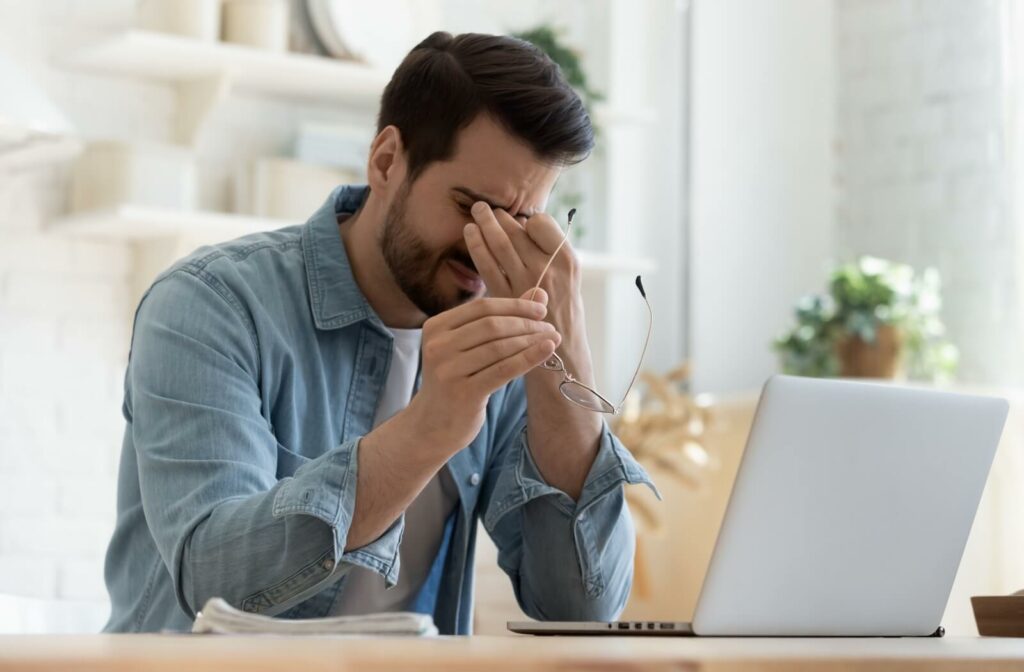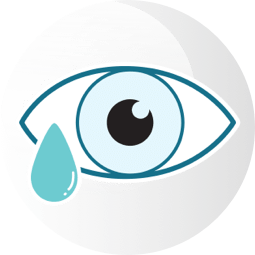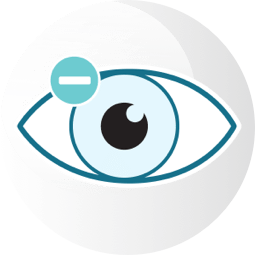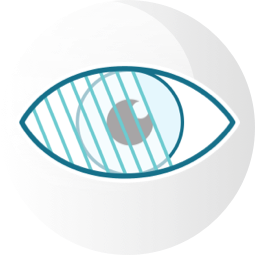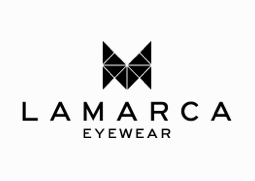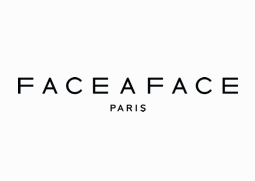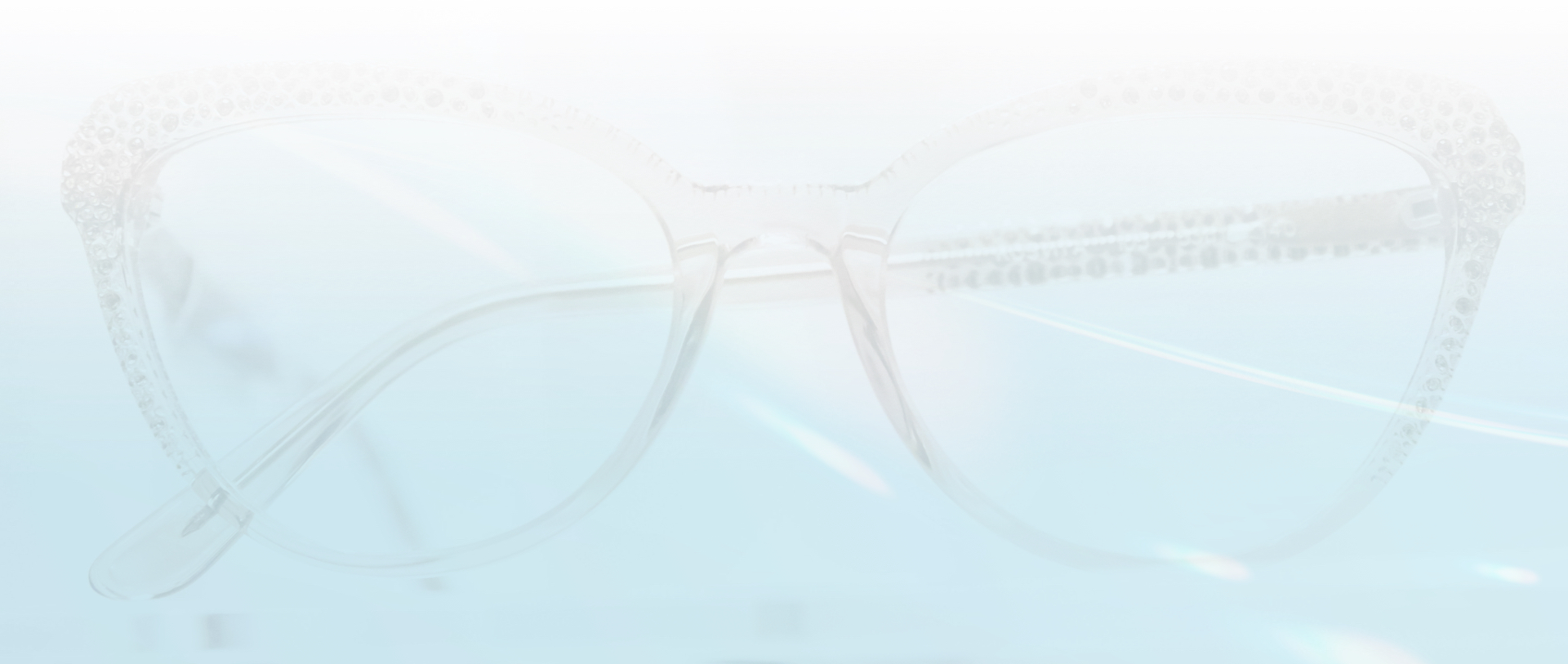If you’ve ever felt a burning sensation in your eyes, like they’re extremely sensitive and extremely inflamed, you’ve likely experienced dry eye disease. Dry eye disease is a common eye condition that quickly leads to irritation and gritty feelings underneath the eyelid. It can have severe long-term implications for your vision if you aren’t careful. So, when should you see an optometrist for dry eye?
If you ever notice the signs of dry eye—like redness, irritation, and dried-out burning feelings—it’s time to see your optometrist. They can examine your eyes and recommend the right type of dry eye therapy to help you find relief.
What Is Dry Eye Disease?
Every time you blink your eyes, you disperse an extremely thin film of tears across their surface. These tears are designed to keep your eyes lubricated, nourished, and protected against irritants. In order to properly function, your tears need a careful balance of oils, mucus, and water. A good balance of all three works to create a healthy film.
However, this balance can be disrupted. Such disruption can lead to a person struggling to produce enough tears, or to a person producing tears that simply can’t do their job. In such cases, instead of being protected and safe, the eye is exposed and easily inflamed, leading to both burning sensations and dryness. This is dry eye disease.
Symptoms of Dry Eye Disease
Recognizing the symptoms of dry eye disease is crucial. Fortunately, by learning how to tell that something’s wrong with your eyes, you can quickly start seeking treatment. The most common symptoms of dry eye disease include:
- A stinging or burning sensation in the eyes
- Redness and inflammation
- Excessive watering as a response to irritation
- Blurred vision
- Sensitivity to light
If you experience these symptoms, it’s crucial to visit your optometrist.
When to See an Optometrist for Dry Eye Disease
If you think you’re dealing with dry eye disease. a proper diagnosis is key. Don’t wait for symptoms to get worse; instead, make a point of seeing an eye care professional as soon as possible.
The reason why you need to act quickly is because dry eye disease can lead to significant damage to your eyes. It isn’t just about burning sensations and irritation—it’s also about your eyes being unprotected for a long time.
When your eye is exposed due to dryness, it’s unprotected and much more vulnerable to foreign contaminants. Your tears can’t flush away potential hazards, and you’re at an increased risk of:
- Corneal abrasions or ulcers
- Eye infections
- Inflammation of the eye surface
- Damage to the conjunctiva (mucous membrane)
This is why it’s essential to see an optometrist. An optometrist can assess your tear film and examine your eyes in order to discover what’s causing your symptoms—and then they can recommend the right type of dry eye therapy for your situation.
What Is Dry Eye Therapy?
Dry eye therapy is a specialized treatment designed to assess, monitor, and treat dry eye disease. It starts with a visit to your optometrist, who will take the time to determine why your symptoms are developing, and then will create a customized treatment plan to help you find relief.
Here at McCauley Celin Eyecare Associates, we will recommend one or more of the following:
- Vitamins
- Eye drops
- Intense pulsed light (IPL)
- Punctal plugs
Vitamins for Dry Eye
Vitamins can play a significant role in preventing and managing dry eye symptoms. Supplements, like omega-3 fatty acids, can help provide your eyes with the nutrients they need to maintain a healthy tear film—especially if you can’t get these nutrients in your regular diet.
Eye Drops for Dry Eye
Sometimes, quick relief is all you need. If this is the case, our team may recommend eye drops or artificial tears.
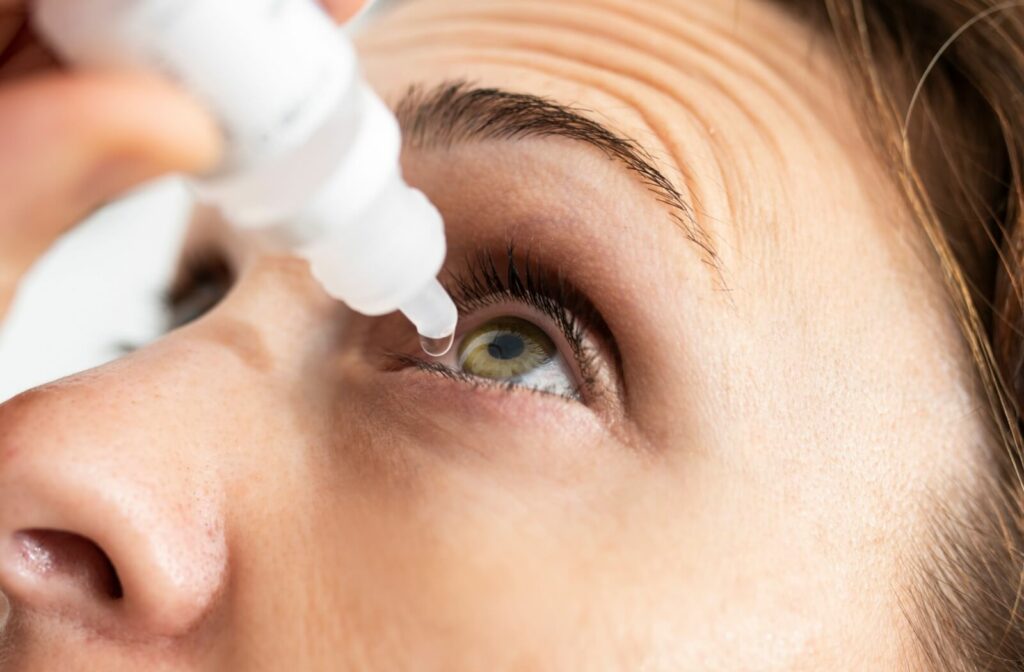
Eye drops work in unison with your tear film to help keep your eyes safe from harm, offer temporary relief, and can be used as needed to reduce the symptoms of dry eye. While over-the-counter eye drops can offer some relief, you should always listen to your optometrist’s advice; they’ll be able to recommend the right type of eye drops for your unique situation.
IPL for Dry Eye
In-office treatment is often the most effective way to deal with dry eye disease. If your optometrist believes that this is the right approach, they’ll likely recommend intense pulsed light treatment, often called IPL.
IPL uses gentle amounts of light-based pulses to stimulate the areas around the eyelids, breaking up oil blockages and improving the balance of your tear film. This lets your tear film continue to protect your eyes and prevents early evaporation of tears.
IPL is particularly effective for people dealing with meibomian gland dysfunction, a common cause of dry eyes. This simple and non-invasive treatment is an excellent way to deal with dry eyes and often provides almost immediate results.
Find Relief from Your Dry Eyes
At McCauley Celin Eyecare Associates, we know how irritating dry eye disease can be. Fortunately, you don’t need to deal with dry eyes alone. We’re here to help you keep your eyes comfortable and your vision clear, so book an appointment with us today to take the first step toward finding relief from your dry eyes.


